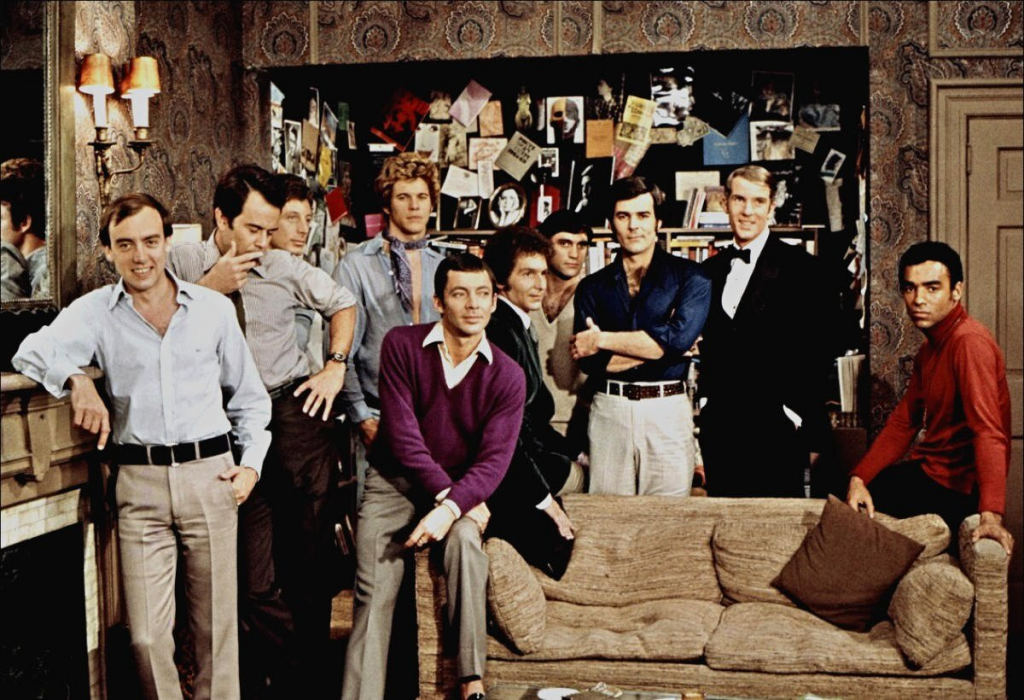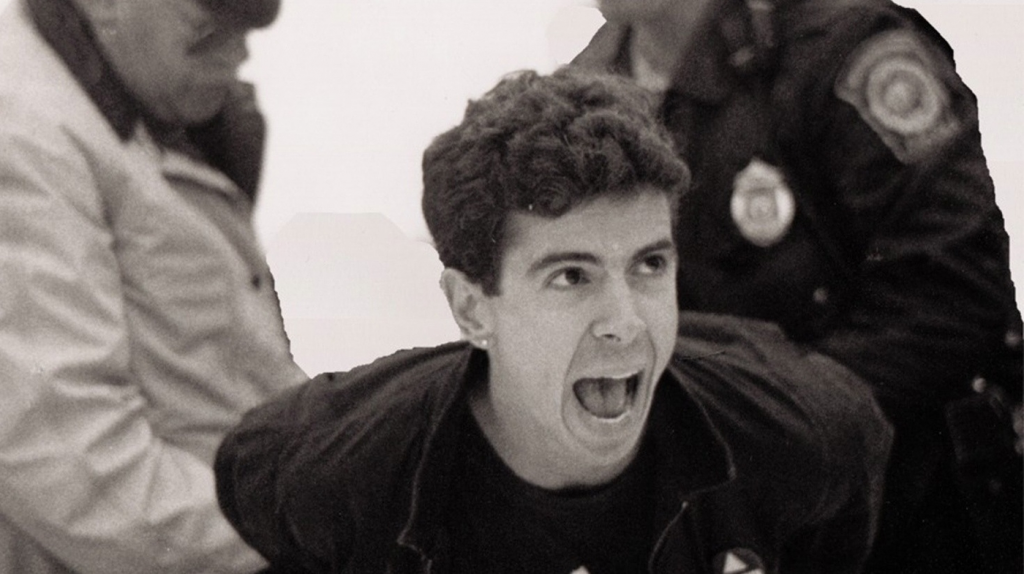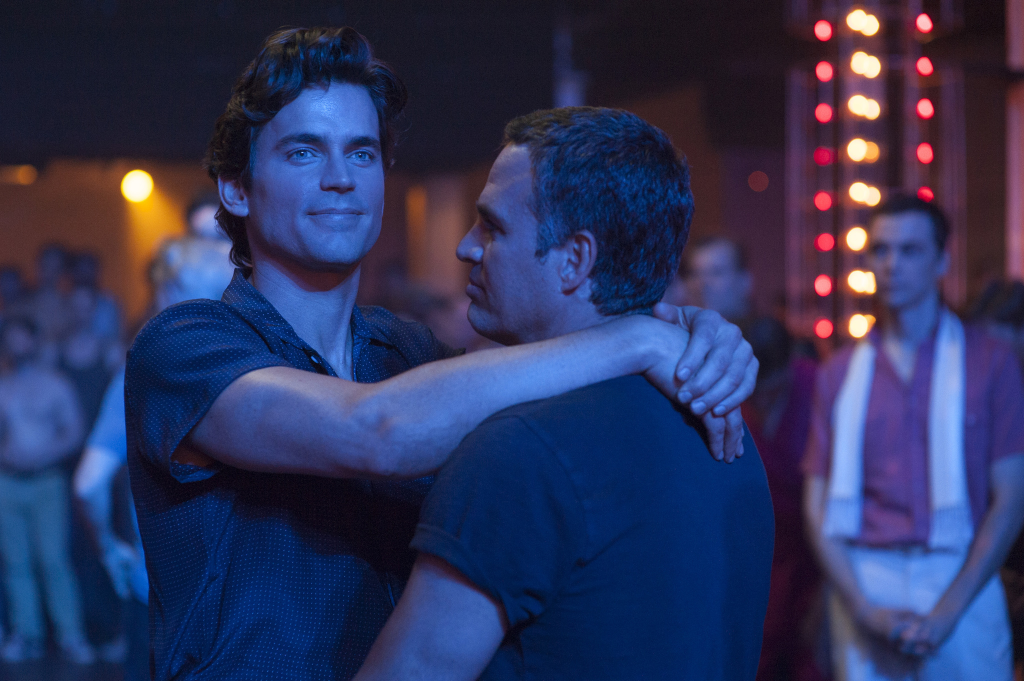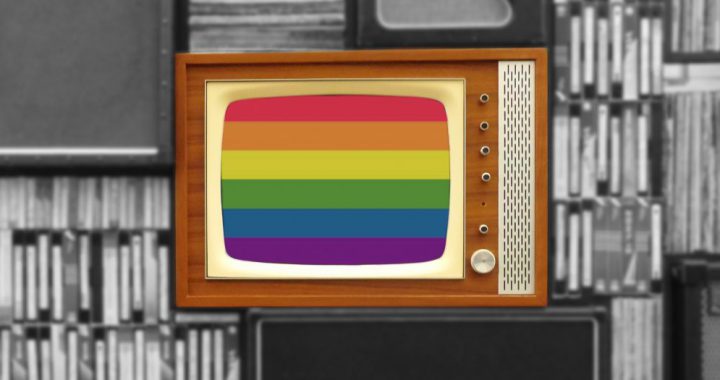One of the many offerings AU Library Media Services has to provide is our extensive group of curated media collections! From recent acquisitions to animation to musicals, our collections showcase a range of interesting movie categories. The most recent one we’ve added to our Home Use Collection Highlights page is LGBTQ+ films. This collection offers a variety of feel-good classics, early queer cinema, and gripping documentaries all of which include diverse representation of LGBTQ+ characters. Both fiction and non-fiction movies are featured. All of these films are available to borrow on DVD so you can watch from the comfort of your home or in one of the many screening rooms in the library! Click the link below to access our collections page and check out this new category.
Content Warning: It should be noted that a number of films in this collection depict or reference violence and hate speech towards LGBTQ+ characters or other minoritized groups.
Media Services Home Use Collection
Here are a few of our favorites from the LGBTQ+ Media Collection:
Moonlight (2016)

Director: Barry Jenkins
This Academy Award winner for Best Picture follows the life of protagonist Chiron, a young gay Black man from Miami, in three distinct chapters. The film portrays a beautiful and emotional coming of age story as Chiron finds love and acceptance within his community. With artistically innovative scenes, this movie renders complex, three-dimensional characters and immerses the audience in a unique plot.
But I’m a Cheerleader (1999)

Director: Jamie Babbit
But I’m a Cheerleader is a feel-good queer classic. When high schooler Megan is confronted by her parents and friends for being a “homosexual” despite having a boyfriend and being on the cheer team, Megan is sent to “True Connections” in order to learn the proper gender roles of men and women. Instead, she befriends another girl in the program, Graham, and things take a comical turn as they struggle to graduate as “heterosexuals”.
The Boys in the Band (1970)

Director: William Friedkin
In the evening while hosting a friend’s birthday party full of gay men, Michael receives an unexpected visitor at his apartment. Alan, his straight friend from college, shows up unannounced and is forced to play a dramatic party game that emotionally drains the group and brings to light a somber reality. This drama/comedy, originally a play, explores deep themes of unrequited love and visibility that still ring true today.
Paris is Burning (1990)

Director: Jennie Livingston
Another queer classic, this 90s documentary follows the New York City “ballroom” scene and the community of drag performance. Participants compete for trophies with Vogue-inspired outfits in categories such as Executive Realness, School Boy/Girl Realness, and High Fashion Winter Sportswear. Simultaneously, the film explores LGBTQ+ stigma (particularly trans stigma), racism, poverty, and visibility as these individuals find solace in creative and group expression.
How to Survive a Plague (2012)

Director: David France
How to Survive a Plague is a documentary that chronologically follows both the rise of the HIV/AIDS epidemic in the United States and the rise of advocate groups such as ACT UP. Featuring a number of crucial activists such as Peter Staley, Larry Kramer, and Jim Eigo, this film sheds light on the untold stories of young organizers who fought for their right to survive. With a combination of archival footage and recent interviews, survivors reflect on their monumental efforts to force the pharmaceutical industry into finding and distributing a solution.
The Normal Heart (2014)

Director: Ryan Murphy
As fictional glimpse into the lives of those who lived with HIV/AIDS and taking place during the events of How to Survive a Plague, The Normal Heart tells the emotional story of Ned Weeks. Ned is a writer looking to expose the truth about this deadly disease, but quickly learns it has become all too personal for him. With a screenplay by activist Larry Kramer, this semi-autobiographical piece pulls on the heartstrings and reminds audiences of the hardships endured by LGBTQ+ people in the late 1980s.
Booksmart (2019)

Director: Olivia Wilde
Booksmart is a comedic coming-of-age film that follows high school seniors and overachievers Amy and Molly as they let loose right before graduation. Determined to cram four years of fun into one night, the duo embarks on a messy adventure full of partying while exploring the high school dating scene. These inseparable best friends try their best to make it through their wild journey unscathed but some areas of tension make themselves known.
Tár (2022)

Director: Todd Field
With multiple Academy Award nominations, Tár offers a dramatic storyline featuring Cate Blanchett as renowned musician and maestro Lydia Tár. When confronted with the intertwining of multiple conflicts, Lydia struggles to stay afloat and seeks comfort in the relationship she has with her adopted daughter, Petra. This film features a rich score and explores emotional connections in unconventional ways.
Victim (1961)

Director: Basil Dearden
Ahead of its time, Victim tells the story of well-off socialite Melville Farr and his fight against a blackmailer who has been outing closeted gay men including Farr. Britain’s anti-sodomy laws make gay men the perfect targets for blackmail in this film that addresses such exploitation with a notably progressive attitude.
Carol (2015)

Director: Todd Haynes
In another queer classic, Cate Blanchett plays the titular character in Carol. Following the budding relationship between Carol and a store clerk, Therese, this movie elegantly captures a secretive love. The film takes place in 1950s Manhattan, giving it a vintage aesthetic and adding to the cinematic tension. With significant critical acclaim, Carol makes for an excellent watch and can easily be enjoyed by film buffs and casual audiences alike.

